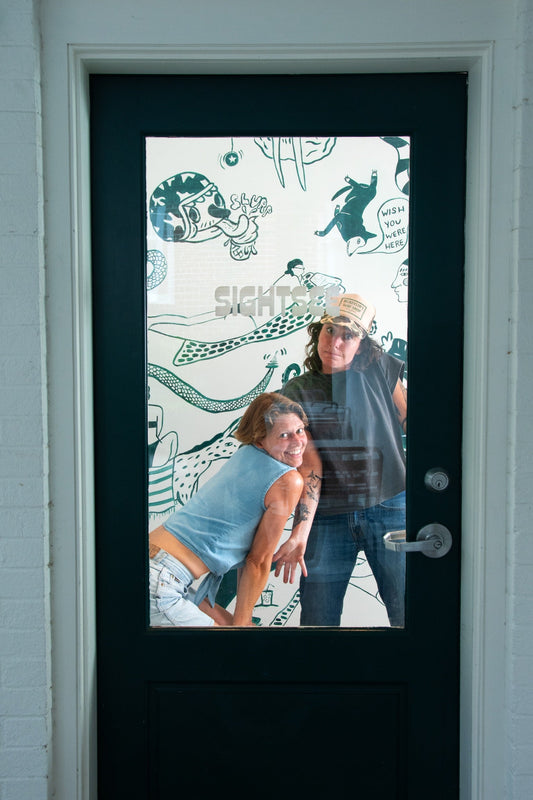
Behind the Coffee: A Closer Look at La Palma y El Tucan
Allyson SuttonShare
We are thrilled to feature Oddly Correct’s Colombia Las Palmas lactic process coffee for the month of May. This is an incredibly special coffee not only because it was expertly roasted by the folks at Oddly, but because it was sourced from the famed producers at La Palma y El Tucán, a unique farm, mill, and coffee eco-tourism destination located in the mountains of Cundinamarca, about 2 hours away from Bogota.
Their dedication to quality and sustainability is so impressive that we wanted to give you a closer look here on our Journal. Several great coffee importers and writers have shared more in-depth profiles of La Palma y El Tucán, and we encourage you to take a look if you’d like an even deeper dive into their story and practices!
Founders Felipe Sardi and Elisa María Madriñan started La Palma y El Tucán in 2012 and have maintained a remarkable commitment to quality, innovation, sustainability, and social responsibility ever since.
The nearly 45-acre farm includes about 10 acres of protected natural forest, with the remaining 35 acres dedicated to growing coffee, including experimental and rare varieties such as Gesha and Sidra. The property is also home to their state-of-the-art processing facility, where their team meticulously tracks, weighs, depulps, washes, and dries coffee. Every detail (even pH and sugar content) is recorded in a spreadsheet and each lot is sorted by hand to ensure perfection. It’s this dedication that’s enabled La Palma y El Tucán to produce some of the best coffees in the world -- one sip and you know the difference.
You might be thinking, “Wow, that’s really intense! So they produce high-quality coffees, but is that all?”
We’re glad you asked!
While exceptional coffees make us giddy, we get just as excited about organizations who consider their social, environmental, and community impact. La Palma y El Tucán is that kind of organization: equally as focused on the details as they are the bigger picture.
Their environmental practices have become somewhat of a gold standard in coffee production, with crop diversification, composting, water filtration, and overall biodiversity ensuring the longevity and sustainability of their work and their region.
Additionally, their Neighbors & Crops program is an innovative program that supports nearby coffee producers and considers the longer-term financial and environmental needs of the region. Through N&C, La Palma y El Tucán provides the expertise and infrastructure needed to maintain a thriving and high-quality coffee industry in Cundinamarca (from supplying organic compost to local farmers to employing coffee pickers well above-average rates).
If you’re interested in trying the (literal) fruits of their labor, try out the Colombia Las Palmas on our pour over menu or pick up a bag of whole bean to brew at home this month!
This particular coffee is a lactic fermentation process, an experimental process that (surprise!) La Palma has truly perfected.
As PT's Coffee explains it, "Lactic fermentation allows for the growth of lactic acid bacteria under anaerobic conditions with constant measurement of oxygen level, sugar content, and pH. The bacteria feed on sugar present in the mucilage, generating a high concentration of lactic acid. After reaching the desired pH, the coffee is soaked in clean water to stop the growth of bacteria and dried on raised beds."
Lactic fermentation leads to a totally unique final product: a slightly more viscous body, unique acidity and citrus notes, and a sipping experience we almost equate to drinking a dry white wine. As one of our customers described it, "Wow. First sip. The tactile richness is rad! Citrusy up front, tangy acidity, and buttery. I love it."



